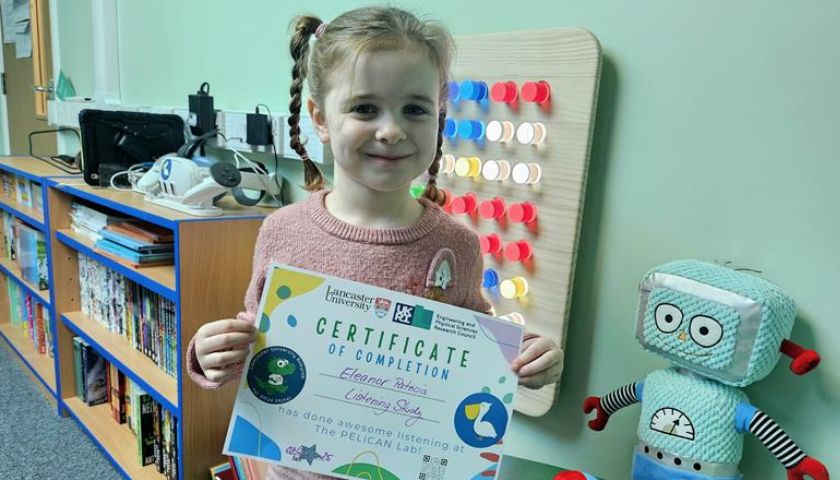About Us
Funded by the BBSRC, the Waitrose Collaborative Training Partnership was a unique consortium between Waitrose, its food growers and suppliers and leading academic institutions. This project was led by Lancaster University with University of Reading, University of Warwick and Rothamsted Research as partner institutes.
It aimed to innovate to address global food security challenges, with a unifying purpose to train PhD students. The project ran between 2017 and 2025.




-2.jpg)
-1.jpg)
